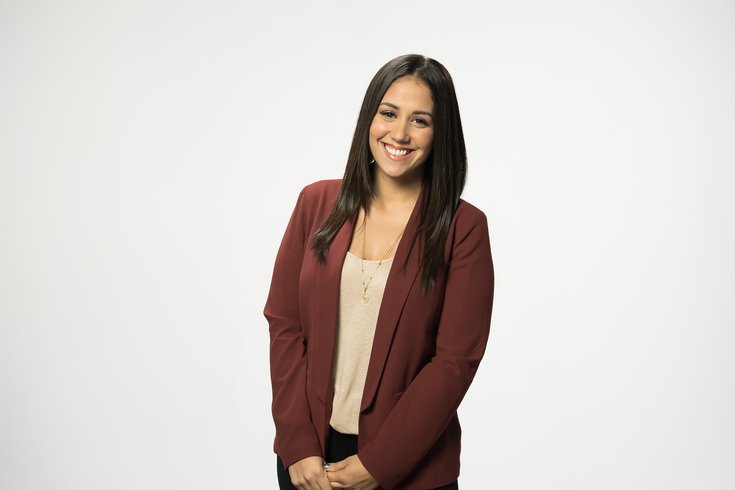
December 26, 2017
 Reach NJ/for PhillyVoice
Reach NJ/for PhillyVoice
With ReachNJ, you’re not alone with addiction.
Recovery from addiction is possible and you can be the one to make it happen, for yourself or for someone you love. The first step towards recovery is understanding how addiction can begin. No one starts taking a painkiller prescribed by a doctor thinking that it could lead to an addiction. But nearly 80% of heroin users in the U.S. abused prescription opioid pain killers before trying heroin.
Medical use of prescription opioid painkillers can be a risk factor for addiction, depending on the length of the prescription, the strength of the opiate, the user’s genetic predisposition towards the disease of addiction, and other environmental factors. These same risk factors are heightened in cases of nonmedical or recreational prescription opioid use that is not being monitored by a doctor or addressing a diagnosed condition.
For adolescents and young adults, the risk is particularly great. Yet, in 2013, one in eight U.S. high school seniors reported taking prescription opioids for nonmedical reasons. In that same group of high school seniors, 77.3% of those who reported using heroin had previously misused prescription opioids. Even occasional drug use during this period in life is especially dangerous because it increases the risk of developing an addiction later in life. The best way to mitigate the possibility of prescription opiate use leading to an addiction is to understand the relationship between prescription opioids and addiction, and to recognize addiction’s early signs.
Addiction is a chronic, relapsing brain disease that’s characterized by
consistent drug use, despite negative consequences. But recovery is
possible in part because there are behavioral signs of addiction.
These behavioral signs include:
• Irritability in normal situations
• Secretive behavior (lying, stealing, etc.)
• Loss of passion for a hobby or work
• Social withdrawal
• Doctor shopping
• Sudden financial trouble
• Sudden poor performance or poor attendance at work or school
• Dramatic mood shifts
• Extra pill bottles lying around the house
If you see these signs occurring together or suddenly, you should consider talking to your loved one and reaching out for help. Every day, New Jersey residents who recognize the signs are calling 844-ReachNJ and visiting ReachNJ.gov to learn more about the signs of addiction, available addiction treatment options, and support resources for parents and families of those suffering from addiction. With ReachNJ, you’re not alone with addiction.
By only taking medication prescribed to you by your doctor and educating yourself on the possible signs of addiction, you can decrease your risk. By properly disposing of extra medication and sharing what you know about addiction with others, you can decrease the risk of addiction for your family and friends. By reaching out for help when you recognize the signs of addiction, you can keep yourself and your community safe.
The signs you spot today, could save a loved one tomorrow.